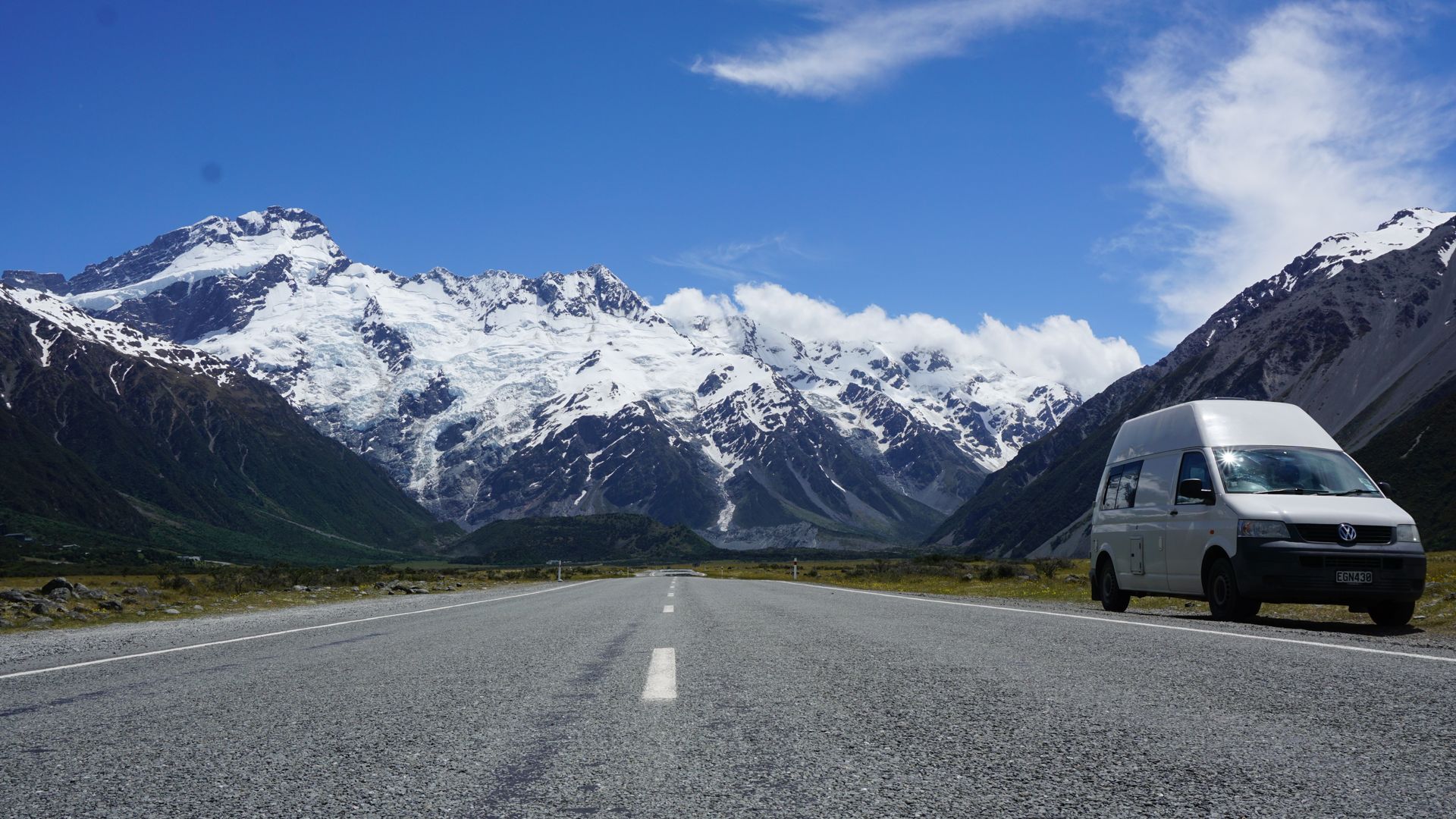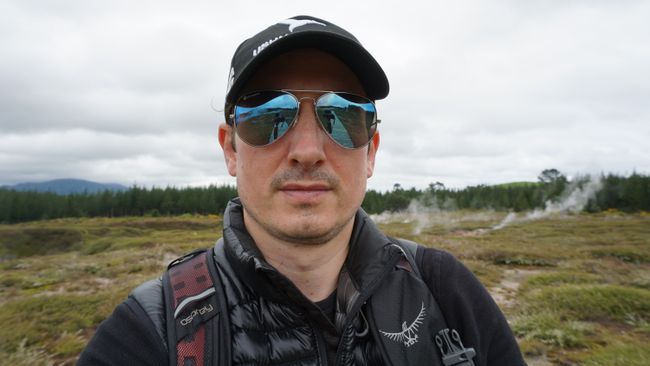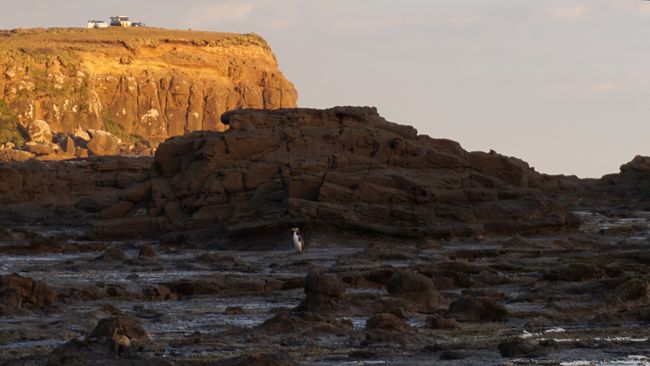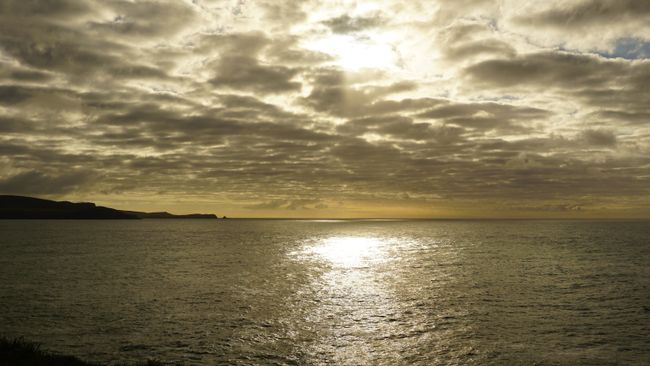Day 23 Curio Bay
ޝާއިޢުކޮށްފައިވެއެވެ: 18.11.2017
ނިއުސްލެޓަރ އަށް ސަބްސްކްރައިބް ކޮށްލައްވާ
In the morning, I still enjoy the tranquility of Monkey Island. Around noon, I head to Invercargill, the largest city in the south. I don't like it there, and after shopping at Pak'n'save, I continue on to Bluff. This is the starting and ending point of Highway 1 in New Zealand, which runs from north to south. I like Bluff even less than Invercargill, I have to get out of there.
So off we go towards the end of the world, the southernmost point of New Zealand. The way there leads through landscapes shaped by the wind. Some tree species grow completely crooked. We drive along the amazingly turquoise sea again.
In one town, there is a sign indicating that some roads are closed due to construction work. Some campers, including myself, do not want to accept this because we want to go to Slope Point. Allegedly the southernmost place in New Zealand. The only cool thing there is the sign pointing towards the South Pole. But that's just iconic. So we split up and each camper tests one of the three closed "roads" to Slope Point. Everyone comes back to the starting point, no way through! Walking is not an option either, as there is a lot of private land to cross during the 30 km walk.
So once again, plan B: go all the way back and to Curio Bay, which is the bay next to Slope Point and just as southern but without the sign. Curio Bay has other attractions. I don't yet know at this point that plan B will turn into plan A.
When I check in at the campsite in Curio Bay, the young German employee tells me that around 8 p.m. there will be a penguin sighting down in the bay. So I go down, warmly dressed despite the evening sun and pleasant warmth. In the bay, there are also the petrified forests, which are petrified tree trunks from a former forest. I sit patiently and shivering in the cold bay for two hours after the sun has set. Finally! Wow! One of the last Yellow-eyed Penguins emerges from the water. The animals are very shy and easily stressed, so everyone sits quietly at a respectful distance. The penguin returns from its search for food in the sea, relaxes, cleans itself, hops up steps in the rock in places, and waddles into its nest. This experience will occupy me for a long time. These wonderful animals are endangered because of us humans. It is overfishing of the seas that is breaking the food chain, the abundance of small plastic in the water, and more.
In any case, this atmosphere, this experience, to see a Yellow-eyed Penguin from such close proximity, is a real privilege and very difficult to top. I have a long conversation with two Germans who are taking care of the penguins there. They are the last two couples in the south. Four years ago, there were still eleven. There are only 170 animals left in total.
I end the day with a hot shower, totally frozen but very happy.
ނިއުސްލެޓަރ އަށް ސަބްސްކްރައިބް ކޮށްލައްވާ
ޖަވާބު

ދަތުރު ރިޕޯޓްތައް ނިއުޒީލެންޑެވެ



